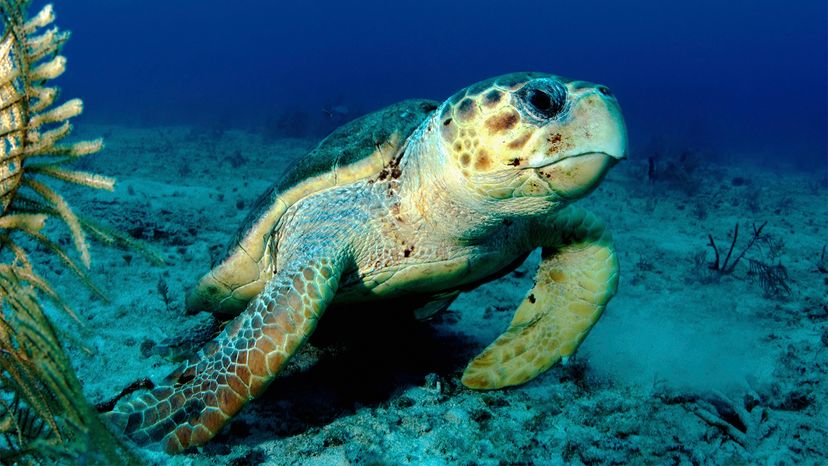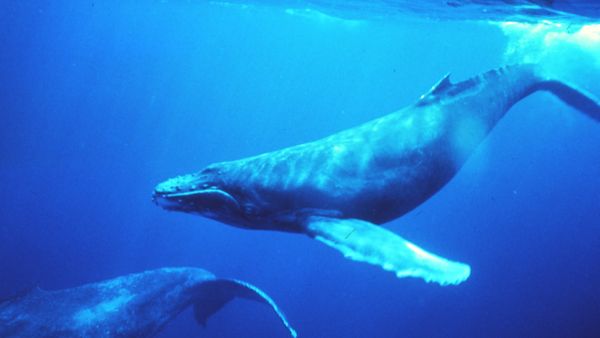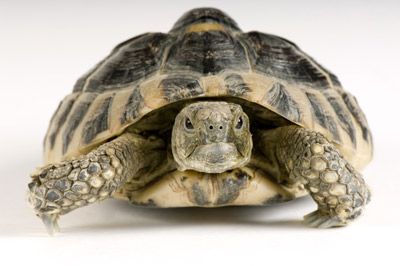
Key Takeaways
- The Cuvier's beaked whale holds the record for the longest breath-holding among mammals, with a dive lasting up to 138 minutes.
- Sea turtles, such as the loggerhead, can hold their breath for up to 10 hours, especially while resting or sleeping.
- Northern elephant seals and sperm whales also have impressive breath-holding abilities, with recorded dives lasting 119 minutes and 90 minutes, respectively.
You, like most humans, can probably hold your breath for about two minutes, though in 2016 Guiness World Records clocked freediver Aleix Segura Vendrell of Barcelona, Spain holding his breath for a little over 24 minutes, which is, of course, insane.
Humans aren't built for breath-holding, though — we've got other priorities, like world domination. If we had spent even a little more of our evolutionary history working on holding in air instead of making our brains giant and complex, we could probably survive without oxygen at least as long as the average beaver, which is 15 minutes.
Advertisement
But there are lots of air-breathing animals that are built for breath-holding. Some of these, like turtles, can spend all winter long at the bottom of a frozen lake in deep hibernation, not using their lungs at all. The turtle's secret is that, during this period of almost complete system shutdown, it does take in a tiny bit of oxygen by breathing out of its highly vascularized butt (the technical term is cloacal respiration). Sea turtles are a different story — they don't do the butt-breathing thing, but a sleeping sea turtle can hold its breath for up to seven hours at a time. Loggerhead turtles (Caretta caretta) voluntarily forage underwater for around 40 minutes in one go, but if held under water (and not in distress), a loggerhead can sustain itself on one breath for around 10 hours.
Turtles, however, are ectotherms — animals that rely on outside sources for heat. It's much easier for ectotherms to go without oxygen than endotherms like us mammals. We use a lot of oxygen keeping our systems running hot, which is why marine mammals like whales, seals and otters are so impressive: They can pull off unbelievably long, deep dives in order to hunt for food.
Take Cuvier's beaked whale (Ziphius cavirostris), the deepest-diving of all marine mammals, and the one scientists think holds the record for the endotherm that's achieved the longest breath-holding session. These mid-sized whales can dive around 10,000 feet (3,000 meters) beneath the waves hunting for squid and other deep sea goodies, holding their breath for an average of 67 minutes, with one record dive that lasted 138 minutes. Before a Cuvier's beaked whale broke the record, a northern elephant seal (Mirounga angustirostris) was the gold medalist, caught holding its breath, at 119 minutes. A sperm whale (Physeter macrocephalus) comes in third place at 90 minutes.
That's a long time to go without oxygen when you've got an expansive mammalian metabolism to keep up! But lots of marine and aquatic mammals make it work by slowing their heart rates and redirecting blood away from their extremities and to their brains, hearts and muscles. They even have special oxygen-binding proteins in their muscles that allow them to store more oxygen than us land lubbers.
Advertisement

